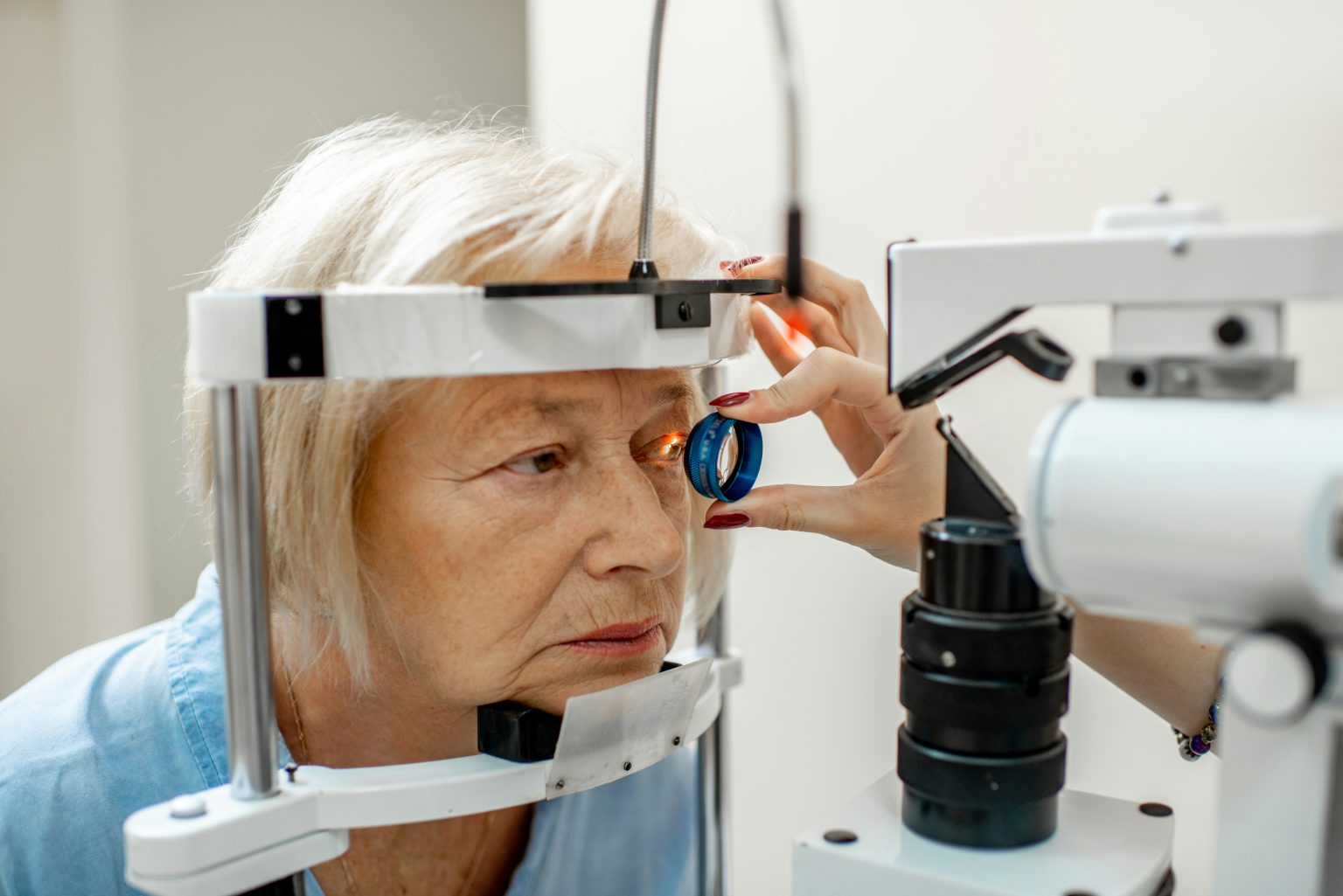Glaucoma is a leading cause of blindness worldwide, characterised by increased pressure within the eye that can damage the optic nerve. Managing this chronic condition involves various treatment strategies, including medication, surgery and laser therapies. While the primary focus is one preserving vision and halting the progression of the disease, the legal and ethical considerations surrounding glaucoma treatment are equally important. These aspects ensure that patient care not only meets medical standards, but also adheres to legal and ethical obligations.
The Significance of Informed Consent
Consider the scenario where a patient is diagnosed with glaucoma and is informed that immediate treatment is necessary to prevent further vision loss. The proposed treatments, which might include medication or surgery, come with their own set of risks and benefits, as Claris Vision informs. This is where the principle of informed consent plays a crucial role. Informed consent is not just a formality, but a fundamental aspect of medical ethics and legal practice. It requires that patients receive comprehensive information about their condition, the available treatment options and any potential risks associated with those treatments. Patients should be given the opportunity to ask questions and should fully understand the implications of their choices before consenting to a particular course of action. For healthcare providers, this highlights the importance of clear, thorough communication and meticulous documentation throughout the consent process.
Ethical Considerations in Treatment Decisions
The ethical dimensions of glaucoma treatment involve more than just obtaining informed consent. Glaucoma’s progressive nature often forces doctors to make challenging decisions regarding the timing and intensity of treatment. For instance, while early-stage glaucoma might be managed effectively with medications, more severe cases may necessitate surgical interventions. Each treatment decision involves weighing the benefits against potential risks and considering the patient’s overall quality of life. Ethical dilemmas can be particularly pronounced when treating elderly patients or those with multiple health conditions. For these individuals, the risks of surgery might outweigh the potential benefits. Medical professionals must carefully consider whether the aggressive treatment is in the patient’s best interest or if a less invasive approach might be more appropriate.
Legal Protections and Responsibilities
The legal framework governing glaucoma treatment is designed to protect both patients and healthcare providers. Medical professionals must adhere to established standards of care, ensuring their treatment decisions are based on current best practices and evidence. This includes maintaining detailed records and following clinical guidelines closely. When treatments do not proceed as expected or if a patient feels their care was inadequate, legal action may be pursued. Courts will assess whether the standard of care was met and if the patient was sufficiently informed about the treatment risks. This underscores the importance of transparency and diligence in patient care. Healthcare providers can also benefit from understanding the legal protections available to them. By upholding high standards of practice, securing informed consent, and keeping accurate records, they can mitigate the risk of legal claims. Staying informed about legal and ethical responsibilities through ongoing education is vital for maintaining professional standards and ensuring quality patient care.
Treating glaucoma involves navigating complex medical and legal challenges. By implementing legal safeguards and maintaining high standards of practice, healthcare providers can protect both their patients and themselves. Understanding these legal and ethical dimensions is essential for delivering care that is not only medically effective, but also legally and ethically sound.



